Francisco Costa is Back—With the Chicest Sustainable Beauty Brand You’ve Ever Seen
“Somebody at a gala last night told me, ‘I can’t believe you’re reinventing yourself,’” says Francisco Costa, perched in his serenely minimal Park Avenue apartment in Manhattan. “But I’m not reinventing myself.” Two years after the end of his decade-plus run at the helm of womenswear for Calvin Klein, Costa is indeed pivoting, in new-economy parlance, to sustainable beauty with his highly anticipated rainforest-sourced line Costa Brazil, which launches stateside today. As he explains, “this is something I’ve had in mind all along.”
For a variety of reasons, Costa’s latest project feels less like a 180 degree turn than a timely evolution. The designer did, after all, live in Brazil for the first 21 years of his life, and a returning-to-roots narrative seems particularly poignant at this cultural moment—especially when those roots are in a nation whose lush jungles play a crucial role in regulating the global climate. Then there’s the uneasy state of the fashion industry in general (but clean beauty is booming!), and the well-documented burnout factor among heads of major houses.
As it turns out, the idea incubated for purely creative reasons. During a phase of design research for Calvin Klein three years ago, he got to thinking about Piero Manzoni, the Arte Povera prankster, and his 1961 work Artist’s Shit, a series of 90 humble tin cans printed with elegantly simple labels in sans-serif fonts that purportedly contain, well, you know. “I kept thinking, something has to come out of this,” Costa remembers. “Nothing better came to mind than a beauty business. Art is what takes me to the next level. I thought, ‘How can I bring something new to the marketplace that relates to fashion, but in a much broader way?’”
The answer was to can something else, he reasoned—not excrement, but its opposite. Something beautiful, something health-giving; something sourced responsibly from his native land, whose trove of rare plant species yields precious oils and extracts that perform and smell like nothing else. Costa hashed out the concept in secret for six months, even building out a brand book. Then he lost his day job. “It was mutual,” he says now. “The last three years at Calvin were nothing but brutal. I felt liberated to do something new, and I already had this in mind. It switched the energy positively.
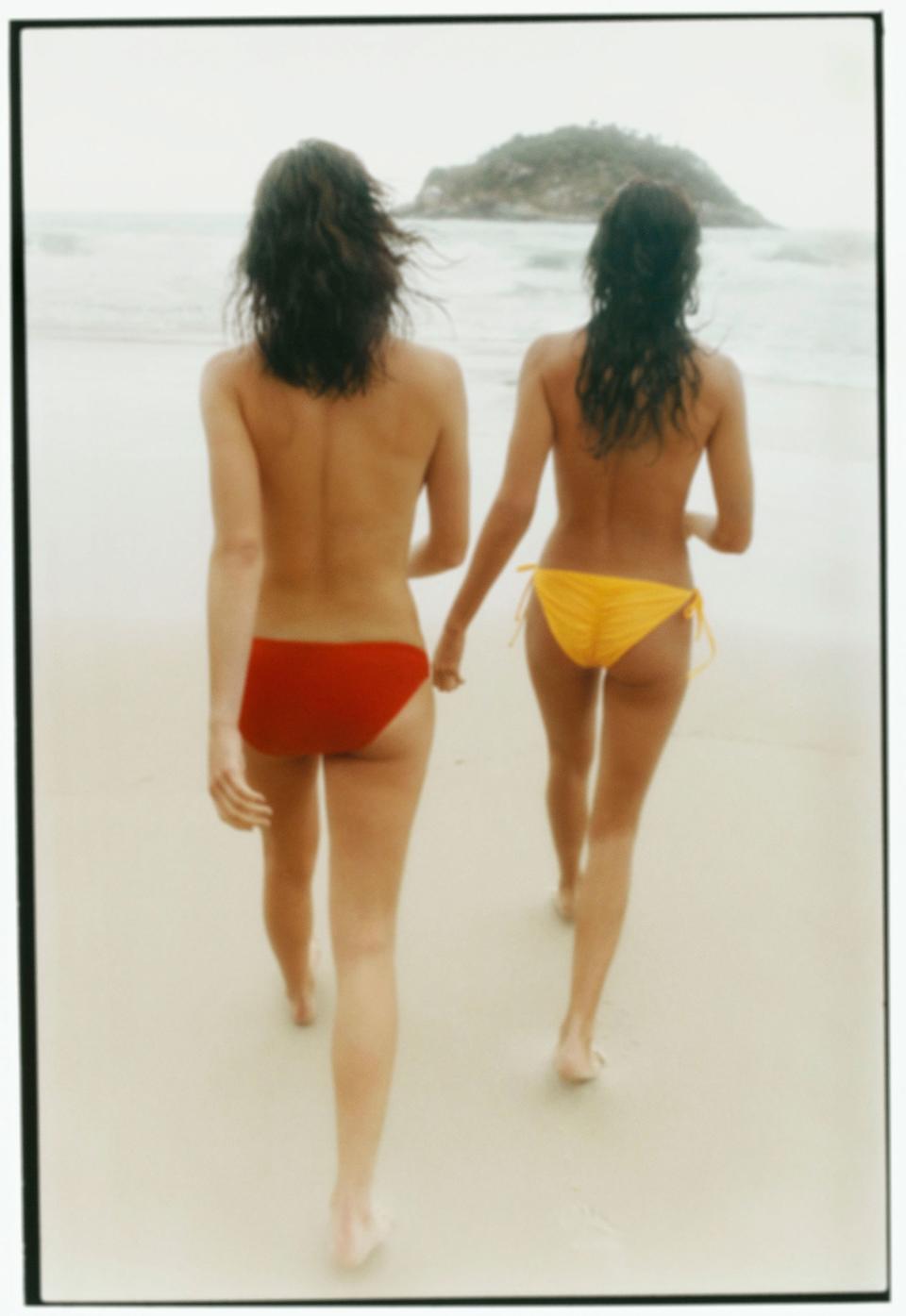
Before diving in to building the business, Costa took a 6-month hiatus, during which he journeyed to the deep Amazon for the first time. “It really woke me to something tremendous,” he says. He spent 10 days in the Acre region with the Yaminawá tribe, a six-hour canoe ride from civilization, where he participated in dances and other ceremonies including a spear-fishing courtship ritual (he managed to spear exactly one). “I left with a sense of wonder,” he says—“and this amazing ingredient.”
That ingredient is Breu, the fragrant resin of the Almacega tree, which the tribe considers sacred and burns for various ceremonies (greeting the forest in the morning, celebrating children) and which is also an antioxidant useful for everything from repelling mosquitoes to healing cuts. It comes in two variants, which differ depending on the time of day they’re harvested: white Breu, caught at dawn, is gelatinous and pale when it exits the tree, while black Breu, gathered in the evenings, is much harder and darker. According to Costa, the aroma “opens the sixth chakra”—the third eye, the center of intuition.
It smells so good that even a spiritual skeptic might be inclined to believe him. At first sultry whiff, Breu could be mistaken for something concocted in a master chemist’s lab, but because it’s a natural, unrefined ingredient, the scent unfolds with a lightness and ease that perfume-haters will love—along the lines of Palo Santo, but more complicated and mysterious.
The two lightweight, silky oils Costa is launching with—one for the face, another for the body—include a blend of white and black Breu; each variant is also sold as a loose material for burning, accompanied by a handmade ceramic tray and packaged in a display-worthy silver keepsake can that evokes the Piero Manzoni piece. It’s like incense, only infinitely chicer.
Subsequent trips led Costa to discover other unique ingredients—namely Cacay, a Vitamin E-rich oil known as “the gold of the Amazon,” and Kaya, the name Costa coined for the protein-packed essence extracted from the pods of the luridly pink-blossomed Sapucaia tree, which exists all over Brazil but had never been harvested before and is, Costa says, “more potent than argan oil.” These, plus the Breu, comprise the trio of signature ingredients in every product of the line—which will eventually include soaps, hair care, and more concentrated fragrance. (All of which is sure to further showcase the possibilities of Costa’s divinely cool packaging scheme—nothing short of a mic drop, it must be noted, for the eco-beauty world.) “We are going to create a full bath lifestyle,” he says. “Anything that soothes, connects to tranquility—we’re creating a ritual. We’re about calm.”
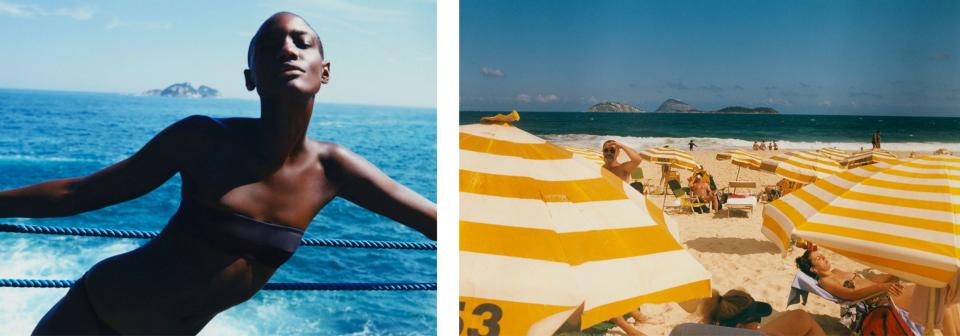
They’re also about sustainability—in the original, literal, no-artist’s-shit sense of the word. Costa’s sourcing partner in the project is Conservation International, a well-established organization leading the reforestation effort in the Brazilian Amazon—the world’s most biologically diverse place, responsible for producing 20 percent of the world’s oxygen and absorbing much of its atmospheric carbon. These rainforests are more imperiled than ever, thanks to the recent election of far-right agribusiness advocate Jair Bolsanero. CI’s on-the-ground operation works with local cooperatives that employ non-invasive harvesting methods; “we don’t cut any trees here,” Costa says.
The groups receive a fair price for their raw materials to incentivize conservation of existing resources, rather than converting land to industrial agriculture. “Acknowledging what’s there without exploiting it is collaborative work,” Costa says. “Once it starts giving back to the communities, that will create the cycle that we really hope will make a difference.” (A portion of proceeds from the products also goes back to Conservation International.)
To hear Costa tell it, creating a beauty line around reverence for nature was only natural, given the culture of his homeland. (The launch campaign stars three globally famous Brazilians: Caroline Trentini, Andrea Dellal, and Cauã Reymond “In Rio, there’s a way of greeting people, E ai, belleza?, which translates to, ‘is everything beautiful?’” he explains. “We are very happy, we are easy with our bodies. If you’re comfortable with yourself, you’re comfortable in nature. There’s this rhythm of being yourself and exploring whoever you are. It’s a brand that welcomes everyone. There’s no age limit. It’s unisex. It’s genderless. It speaks of the world in the best way—respectfully.”
Costa Brazil launches today livecostabrazil.com; Instagram: @costabrazil
Francisco Costa is Back—With the Chicest Sustainable Beauty Brand You’ve Ever Seen
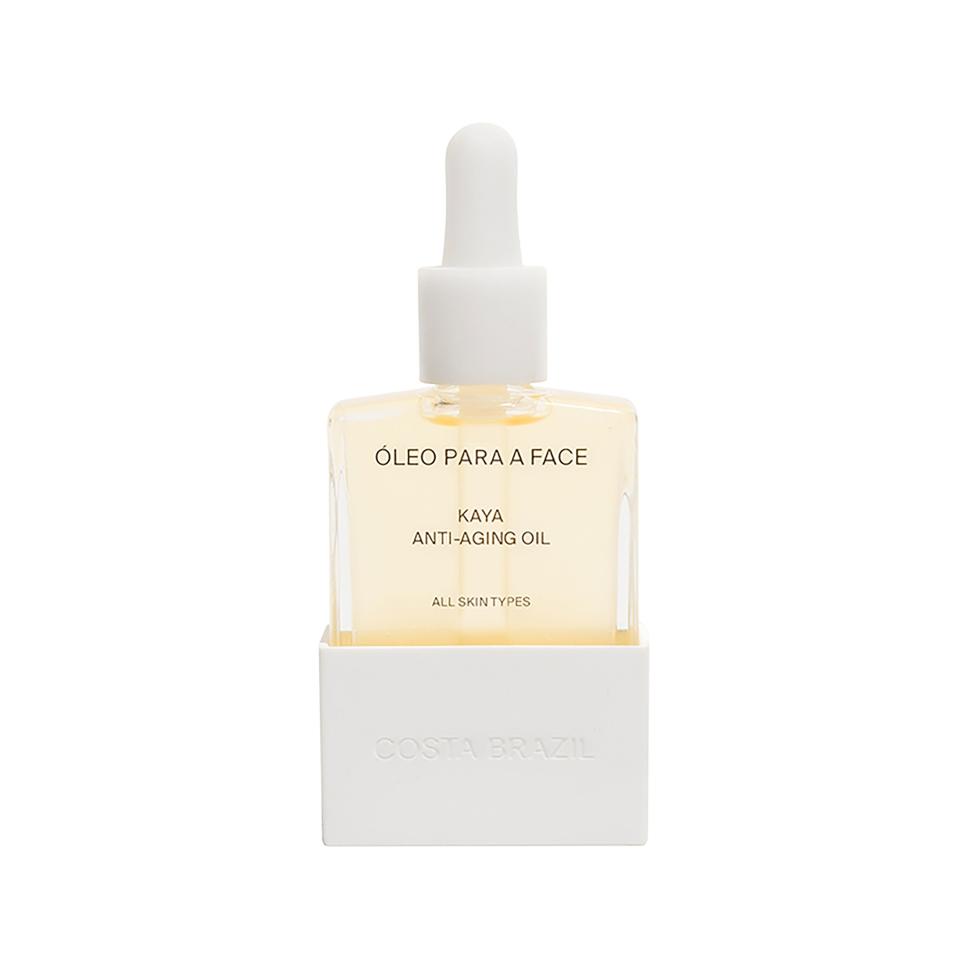
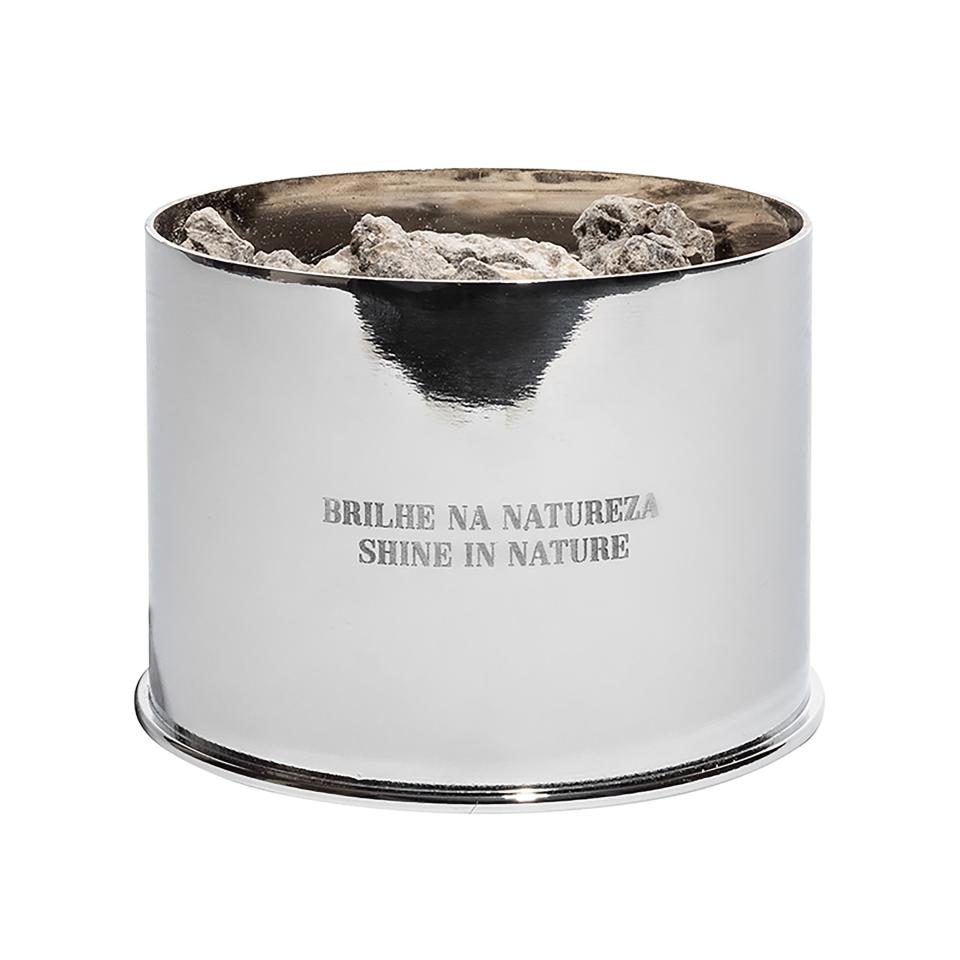
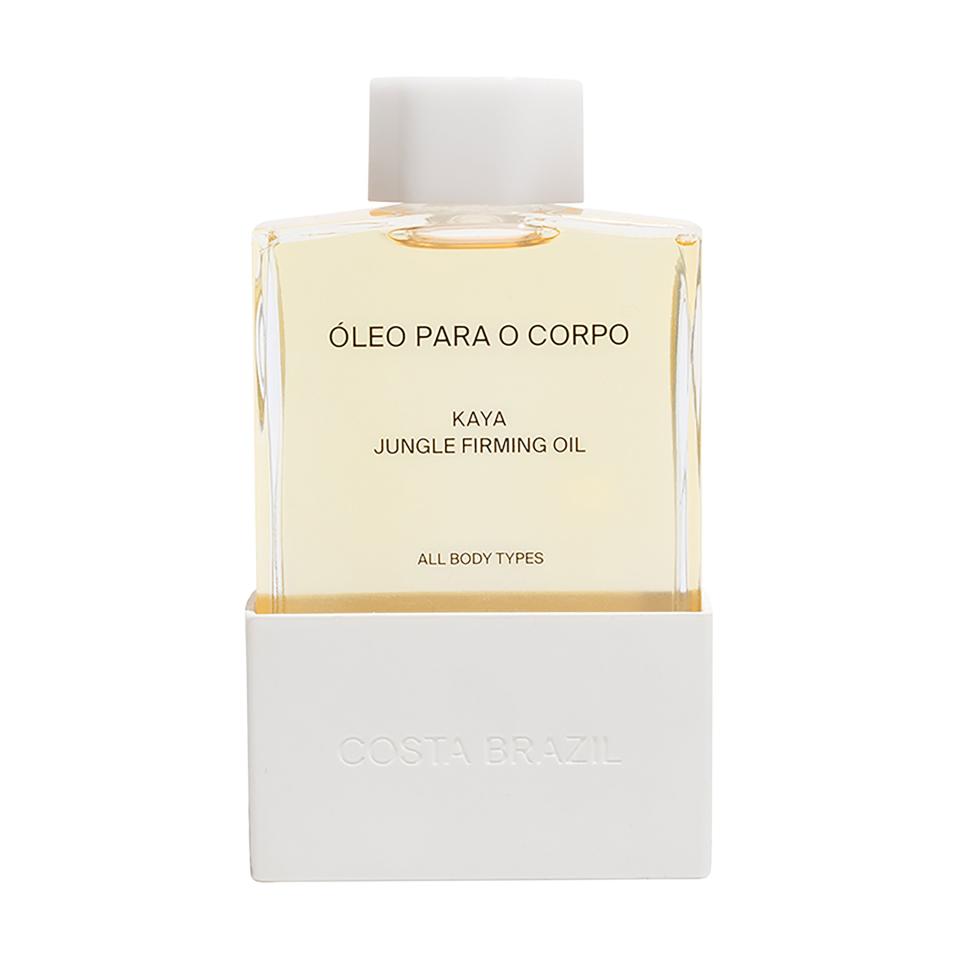
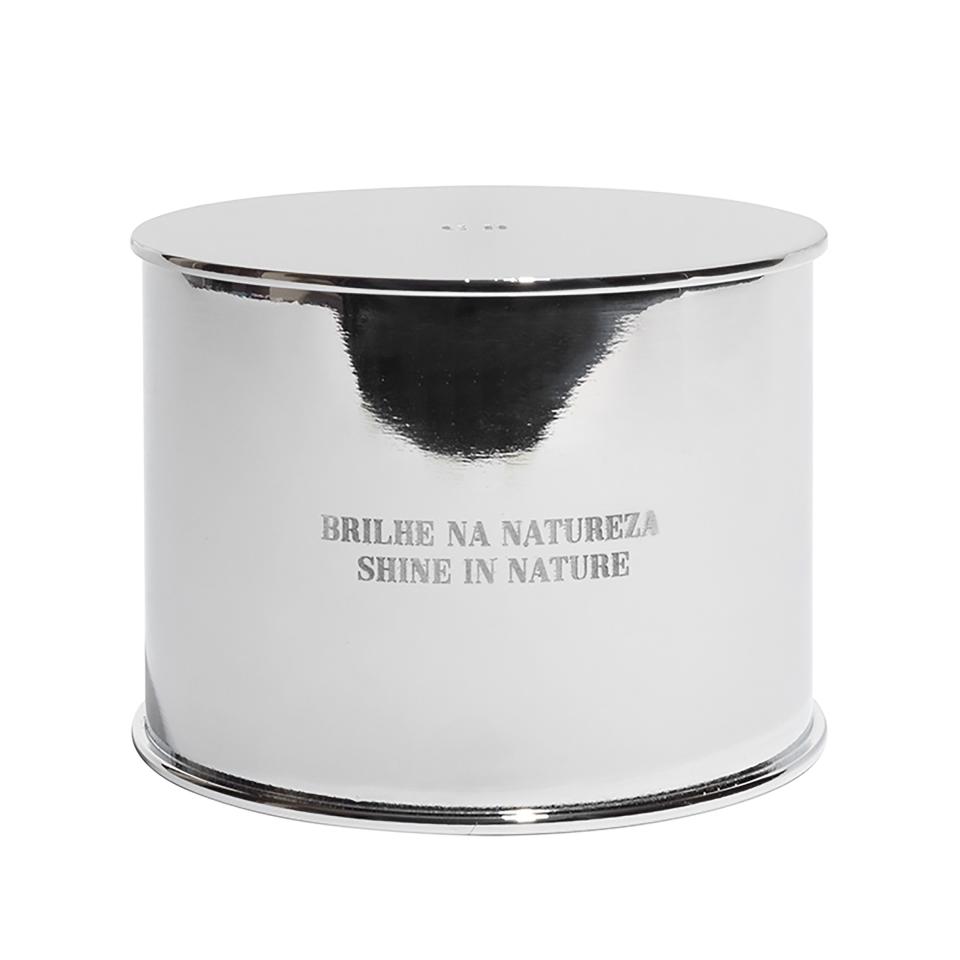
Photography: Sam Rock
Styling: Sara Moonves
Models: Andrea Dellal, Caroline Trentini, Cauã Reymond, casting by Way Agency, 40º Agency, and street casting
Video Reel: LOOK studios

